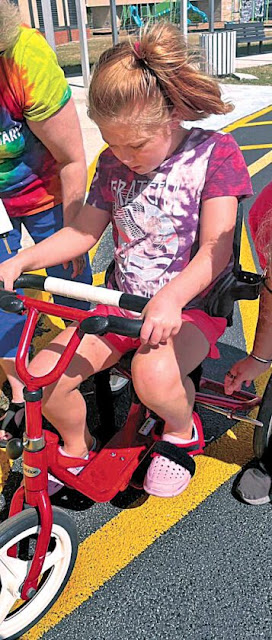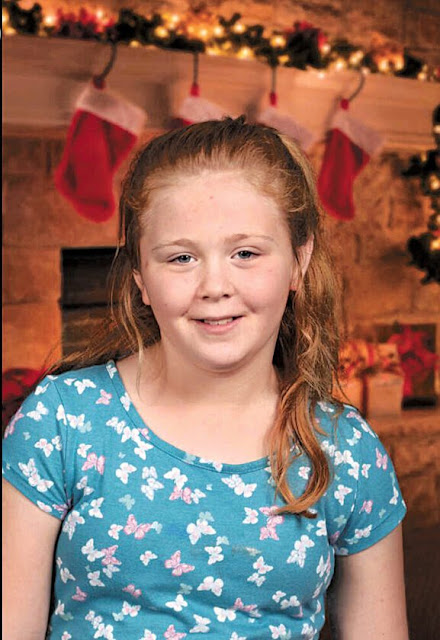Kids (and adults) who are neurodivergent often have lots of physical energy but few socially-accepted outlets for it.
One such child is Mallory Siegman of Cape Coral, Florida. The 11-year-old looks forward to her adaptive physical education session at school, where she rides a specially-designed tricycle.
As much as she loves to ride, she can’t venture out on her own because she has autism. It’s especially important for her to get exercise, her mother Danielle explained, because she was recently diagnosed as a borderline pre-diabetic.
So, she is entering Mallory into The Great Bike Giveaway, presented by The Friendship Circle of Michigan, a non-profit that provides programs and support to individuals and families with special needs. Turns out, Mallory has two siblings who are also autistic. Planning activities, Danielle says, is a challenge.
She hopes to win an ET 2611 tandem from Freedom Concepts, which retails for $10,000. One way it differs from other tandems is that it can be steered from the rear and the front steering can be disabled. That means Danielle or her husband can ride in the rear (what is often called the “stoker” position on a traditional tandem) while Mallory or one of her siblings rides in the front (often referred to as the “captain’s” position). Most important, according to Danielle, is that she is “always right there” for Mallory and is “able to help her so she doesn’t get hurt.”
More information about the Giveaway—and to donate, go to the Friendship Circle page. Mallory has her own page, where you can vote for her.



